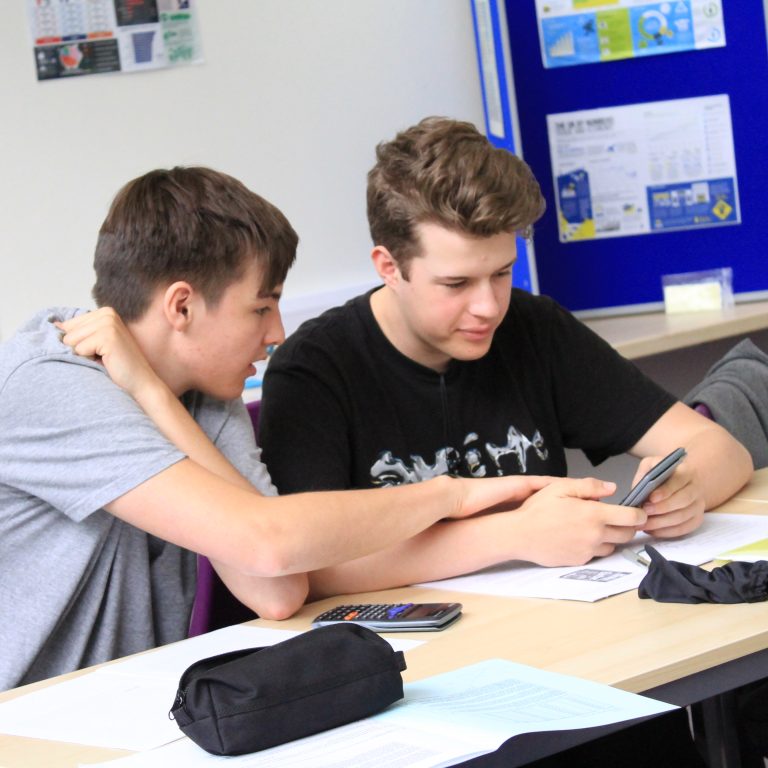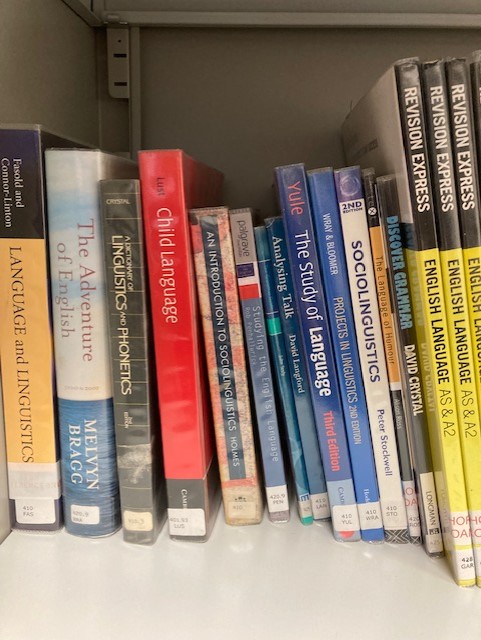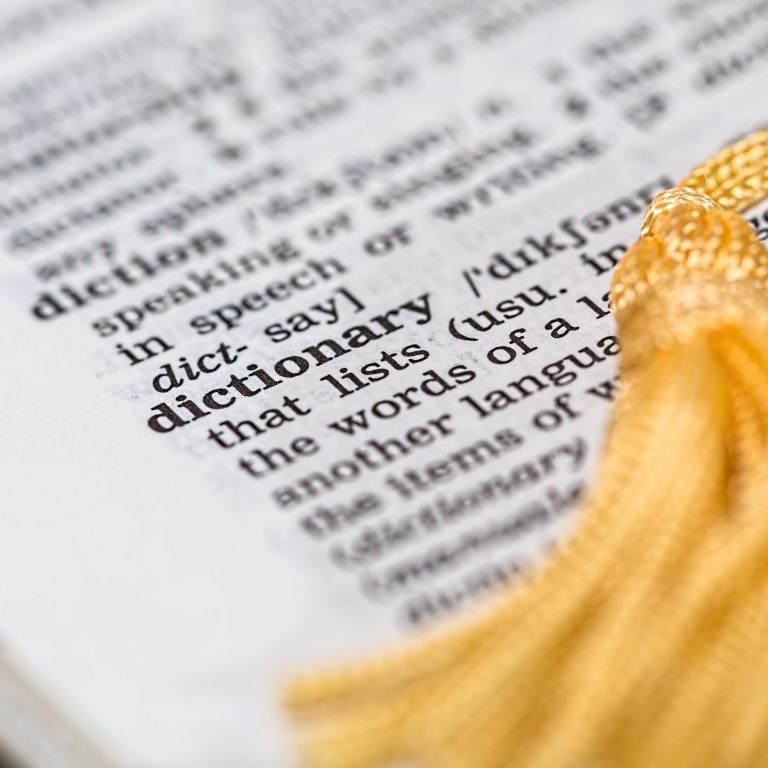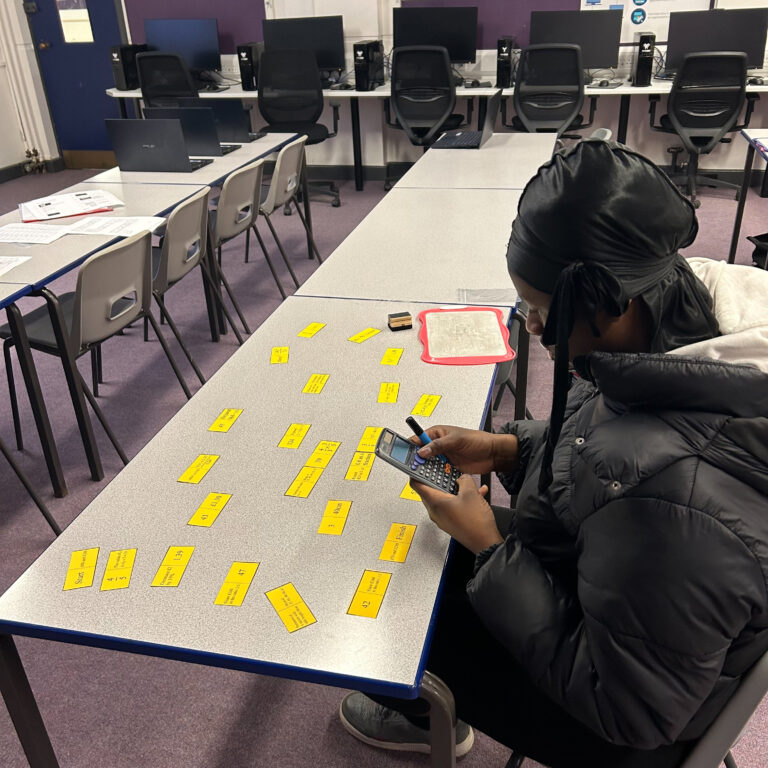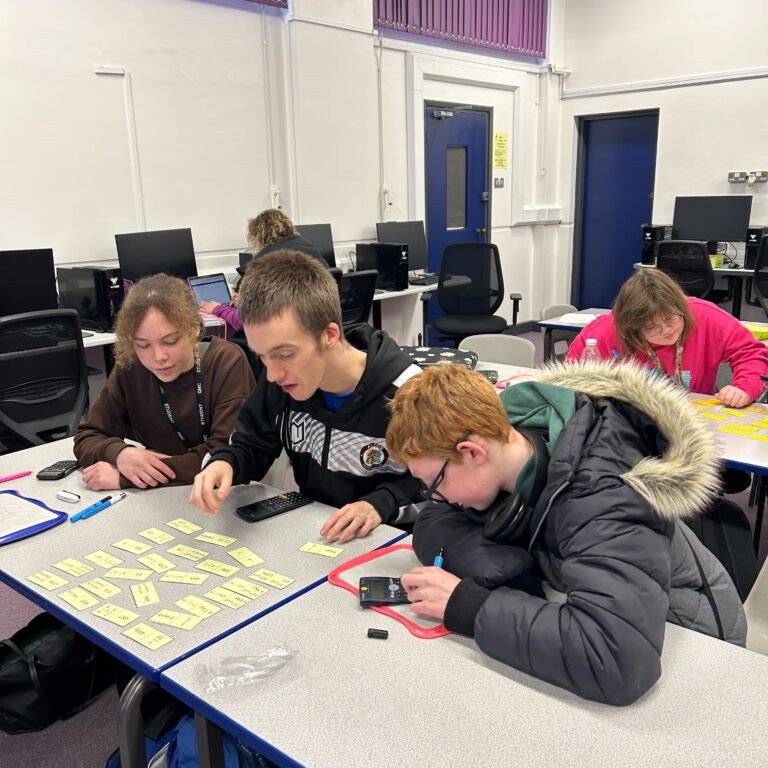Queen Mary’s College offers students to complete their English Language GCSE and Maths GCSE. We also offer students to retake GCSE maths and English course. Both English Language and Maths GCSE serve as an important and essential qualification to continue on with further study/courses and to apply for most jobs.
We understand this and focus on helping students through friendly and engaging lessons, support sessions, workshops etc., so they can progress. With our subject specialists who provide great knowledge and even greater support, you will be able to excel.
Take a look at what English Language GCSE and Maths GCSE at QMC consists of below.


